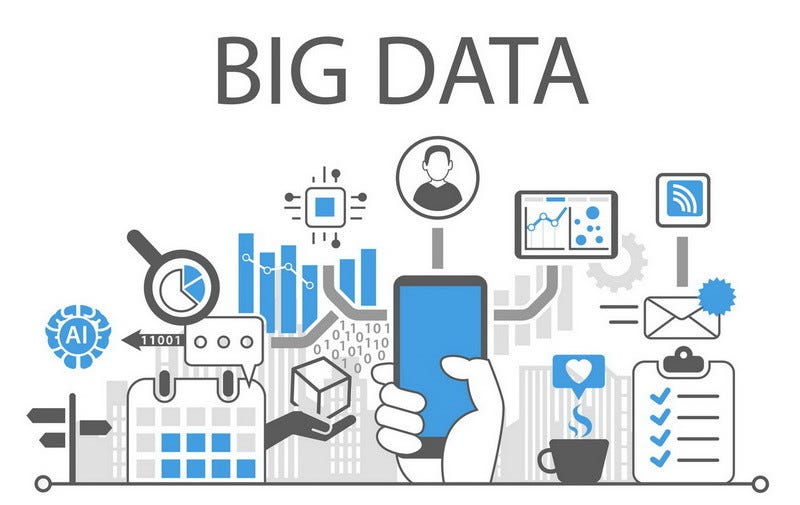Covid-19 has set in motion an unprecedented digital transformation.
Never in human history, have we been able to follow the trajectory of a global health emergency and use that data for our benefit – in real-time.
The predictive power of epidemiology, big data, and artificial intelligence, provide immense opportunities to improve the health of the world and prepare for future pandemics, and to do so through good political decision-making.
But technology may not always be a force for good. That choice is up to us.
There are several risks we must consider.
Firstly, we need equity, gender, and human rights enshrined as core pillars in public health. Not everyone can access digital health services.
Whatever our good intentions, societies remain deeply unequal. Given that the virus exploits disparities and social fault lines, we risk further marginalising the most vulnerable, if barriers to digital health exist.
Secondly, health and economic security are two sides of the same coin, made crystal clear by this pandemic: no health, no growth.
Sadly, we have also seen examples where digital technologies have been used to threaten gender, human rights, and individual privacy.
We therefore also need transparent ways to ensure accountability and prevent government and private-sector abuse of power.
Third, while data can be turned into actionable knowledge to save lives, many countries’ health systems still struggle with the basics.
Data-driven approaches are the future of pandemic preparedness and response and the key to moving healthcare from a reactive system constantly putting out fires to one which prevents the fire altogether.
This transition needs to be fast, transparent, and demand-driven, with data-sharing at its heart.
But from data to action, we need politics. More, we need a continuum from science to political decision through which scientific knowledge is politically interpreted for public good and people’s trust.
Evidence and intuition
Science and politics are not mutually exclusive. They offer the right mix between evidence and intuition, which are the two necessary ingredients of good decision making.
Taken alone, intuition leads to populism and evidence to dogmatism, and neither will bring us to the end of this crisis.
Good politics demands establishing and maintaining close contact with trustworthy knowledge brokers; using scientific knowledge even when it is limited or conflicting; being transparent regarding shifting decisions; taking an evidence-informed stance; and investing in monitoring and evaluation.
Digital health is in fact the most powerful enabler of these five pre-requisites.
And if digital health can help extend good science with good politics, it can certainly help coordinate global or inter-regional actions.
Covid-19 is a watershed moment for digitalising healthcare.
Countries that have fared best with their pandemic responses have strategically invested in integrated public health and primary care systems, underpinned by mature digital ecosystems, enabling them to ensure consistent essential health services while scaling-up their pandemic response.
We have seen examples of digital technologies making remote care possible, for example in mental health, ensuring life-saving medicines are available, and giving healthcare professionals access to vital data to help better treat patients.
High levels of digital literacy and trusted public health information sources have saved lives through informed choices on how to protect people’s health and well-being.
The future of global health security – our ability to prevent and overcome emergent health threats – is inexorably linked to our capacity to predict, detect and respond collectively and in a timely manner.
Crossroads
At the digital crossroads that health security finds itself at today, I urge us to radically rethink and coalesce.
Big data and evidence-based decision-making provide immense opportunities to improve health and well-being and prepare for the next crisis.
Ethically, conscientiously and equitably, we need to apply this force for good, and reap the full benefits of a digital transformation. Anything less would be unacceptable and a grave injustice to future generations.
This article has been published from the source link without modifications to the text. Only the headline has been changed.




